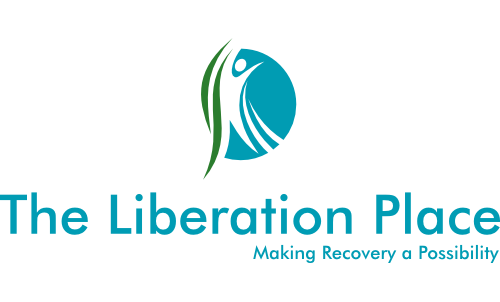Building a Support Network
Having a well-rounded support structure, filled with people we consider as “safe” to be involved in our journey of behaviour change, is a vital component for dealing with many of the emotionally activating experiences we are going to face along the way. It is important to build an understanding for the different aspects of that old recovery cliché of, “people, places and things,” as this is definitely something we need to pay attention to in the early stages of this work. In terms of building my own personal network of support, this revolved around identifying the people that I wanted to keep close to me, those people I thought would support me in the way I wanted and needed them too. At the same time, identifying the people I needed to avoid, those people that triggered me into unhealthy and ineffective coping mechanisms, pushing me back to old behaviours.
Inside of our support network, family can be a really important part of the healing process, as they are often involved in many aspects of our addictive, compulsive, and obsessive coping mechanisms. However, it is absolutely essential to understand that if family is the only support that we have around us, then it’s highly probable that we’re going to run into additional problems further down the road. Family often finds it hard to disconnect from their own emotional experiences, and this can activate judgemental responses to our behaviours, when judgement is the last thing we need to hear at that point in time. Family can also be involved in enabling behaviours. However, in most circumstances, this isn't something that’s done deliberately. In fact, it’s usually an act of love or affection driven by not wanting to see us struggle or suffer, and giving in to our old behaviours because they can’t cope with their own emotional experience..
"Family can be a really important part of the healing process, as they are often involved in many aspects of our addictive, compulsive, and obsessive coping mechanisms. However, it is absolutely essential to understand that if family is the only support that we have around us, then it is highly probable that we are going to run into additional problems further down the road."
~Steven Morris RP.
This is why it is incredibly important to develop support in multiple areas of life. Not only does this give us a wide variety of different people we can reach out to, should the need arise for us to do so, it also helps develop the balanced, harmonious approach we are trying to create to all of life’s problems. When we look at our own individual support from this perspective, it makes sense to build this network around a number of possible outlets. These outlets can definitely involve family to some degree, especially if this is something that’s available to you. At the same time, we need a healthy smattering of friends to hang out with socially, along with a section of people who understand recovery, holding us accountable and calling us out on our justifications from time to time. Keep in mind, establishing these relationships with clearly defined boundaries, not only for other people but also for ourselves, will only benefit us in the long run.
Peer support groups and meetings are often an important part of a behaviour change program. In fact, this is something I recommend to everyone I work with, or even just speak to about making changes in life. These days, with the virtual world so easily accessible, anonymity in a group environment has never been so readily available. Meetings and groups offer an outlet for our thoughts and feelings, along with the opportunity to hear the stories of other people who have experienced similar things to us. This can meet the need for social connection and provide us with a sense of belonging to a community of people who understand exactly what we are going through. The only thing we need is an open mind and a willingness to change.
For me personally though, I actually found groups really difficult to be involved with at the start of my journey. It was only when I began to listen for the similarities in the stories I was hearing and stopped looking for the differences between myself and those I was surrounded by that I began to see the benefits of the group experience. If you are ready, and open to the possibilities, come join our live, online meetings every week to see if they’re a good fit for you and your needs.
In the PDF at the bottom of this page there is a worksheet designed to assist us in establishing what a healthy support network looks like. Take some time to go through it and complete each section. Don't rush it and keep in mind, if you don't have some of these people in place, it's an opportunity for growth in that area, not a place to sit in disapointment or shame for where you are currently at.
Download the PDF of this page
Follow us on Social Media





